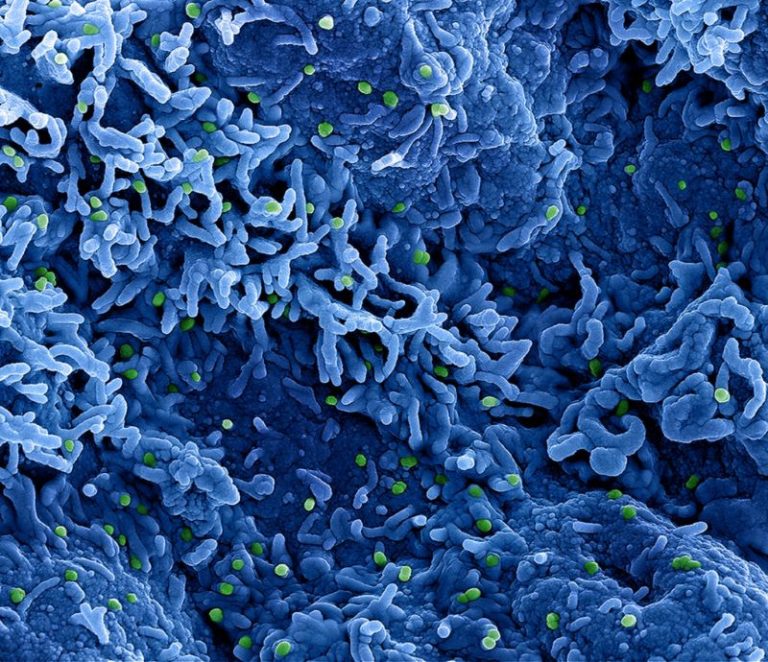The World Health Organization (WHO) has issued a concerning REPORT highlighting a significant rise in mpox cases across various countries, particularly in Africa, with the Democratic Republic of the Congo (DRC) leading as the epicenter of this outbreak, and other hotspots also identified in Burundi and Uganda.
This report highlights mpox as a global health concern with complex challenges that demand a multifaceted and coordinated international response. It also ensures prompt, equitable action in vaccination, infrastructure support, and surveillance will be key to addressing this expanding health crisis.
As of November 3, 2024, the DRC reported cases across six provinces, facing ongoing challenges in testing and containment efforts.
In a notable development, the outbreak has led to the first local transmission of clade Ib mpox outside Africa, with four confirmed cases in the United Kingdom linked to travel from affected East African nations. And, Zambia and Zimbabwe have reported their first cases, further illustrating the virus’s expanding reach.
To combat this outbreak, nearly 51,500 people have been vaccinated in the DRC’s most affected provinces. The WHO has emphasized the need for expanded immunization efforts and allocated 899,000 doses of the MVA-BN vaccine to several African countries, including Nigeria and South Africa.
On November 22, the WHO plans to convene the International Health Regulations Emergency Committee to assess whether mpox still constitutes a public health emergency. This meeting will focus on enhancing international responses and resources to mitigate the further spread of the virus.
The situation underscores the urgent need for coordinated efforts to address this growing health crisis.
The WHO’s latest external situation report on the multi-country outbreak of mpox (monkeypox) outlines a complex and rapidly evolving global health challenge.
Here are key takeaways and implications from the report:
1. Rising cases, especially in Africa
- The Democratic Republic of Congo (DRC) remains the most affected, with sustained transmission across multiple provinces. This suggests that, despite containment efforts, the virus remains widespread in specific African regions.
- Other African nations, including Burundi and Uganda, have reported continued spread, suggesting regional clustering of cases within East and Central Africa.
- Limited resources and healthcare infrastructure constraints in these areas are likely compounding the difficulty of controlling the virus’s spread, raising the urgency for targeted international support.
2. Global reach and first local transmission of Clade Ib outside Africa
- The spread of the clade Ib mpox variant to the United Kingdom (UK), with local transmission confirmed for the first time, marks a notable escalation in the outbreak’s global impact.
- This cross-border transmission, particularly in Europe, points to the virus’s resilience and potential to spread beyond traditionally affected regions. This phenomenon might result from increased international travel as pandemic restrictions ease, and highlights the need for vigilant monitoring at points of entry.
ALSO READ Kenya alerts public as mpox cases rise
- Zambia and Zimbabwe’s reported cases linked to travel within Africa also indicate that the virus is not restricted to endemic regions, further emphasizing the need for cross-border coordination and public health preparedness.
3. Vaccination efforts and global access challenges
- With the distribution of the MVA-BN vaccine across several African countries, WHO has taken a proactive stance in providing essential immunization support, especially to countries facing high transmission rates like the DRC.
- Despite these efforts, the current scale of vaccination—approximately 51,500 people vaccinated in the DRC—remains limited given the scope of the outbreak. Ensuring widespread access to vaccines and promoting vaccine uptake in affected communities will be crucial to reducing transmission.
- The Mpox Vaccine Access and Allocation Mechanism represents a strategic effort to improve vaccine distribution equity. However, ensuring that doses reach the most vulnerable and those in underserved regions will be necessary for the mechanism to have its intended impact.
4. Imminent decision on public health emergency status
- The WHO plans to reconvene the International Health Regulations (IHR) Emergency Committee on November 22 to reassess whether mpox should still be classified as a public health emergency of international concern (PHEIC).
- This evaluation will likely consider the virus’s expanded geographic reach, its ongoing impact on vulnerable communities, and the effectiveness of current containment and vaccination strategies.
- Retaining PHEIC status could mobilize additional international resources and reinforce cross-border collaboration, while also maintaining a high level of global awareness.
5. Challenges in testing and containment in endemic regions
- Limited testing and reporting capabilities, especially in African nations where mpox is endemic, continue to challenge containment efforts. In the DRC, testing gaps hinder timely diagnosis and response, which could allow asymptomatic carriers and undetected cases to contribute to ongoing transmission.
- Addressing these infrastructure gaps will be essential for effective outbreak control, particularly in regions with high transmission rates and limited healthcare resources.
Implications and recommendations
- Enhanced Surveillance and Border Control: As mpox spreads beyond endemic regions, especially with clade Ib cases now present in the UK, expanding border screening and strengthening international surveillance systems are necessary.
- Equitable Vaccine Distribution: Ensuring equitable access to the MVA-BN vaccine in affected regions, particularly in African nations, is critical. This will involve addressing logistical challenges to reach remote communities and educating local populations on vaccine benefits.
- Strengthened Health Infrastructure in Endemic Areas: Countries like the DRC, facing persistent mpox transmission, would benefit from support in laboratory testing, healthcare training, and community health education to enhance early detection and treatment.
- Cross-Border Cooperation: Given the cross-national spread of mpox, regional and global cooperation on data sharing, research, and resources is crucial for effective response efforts.


